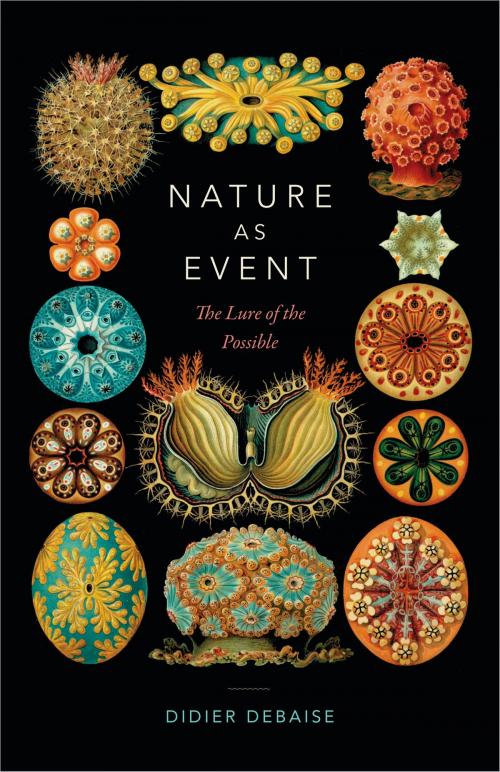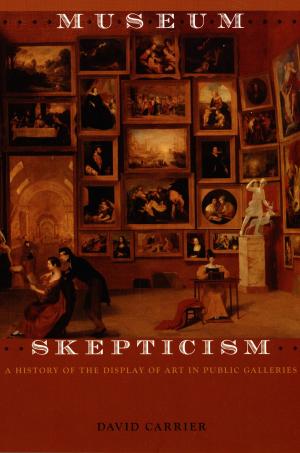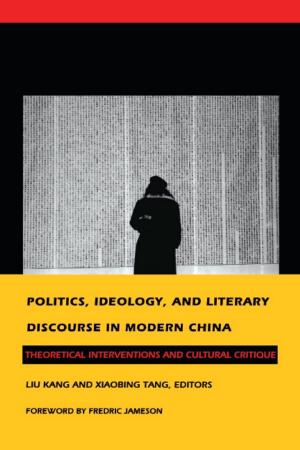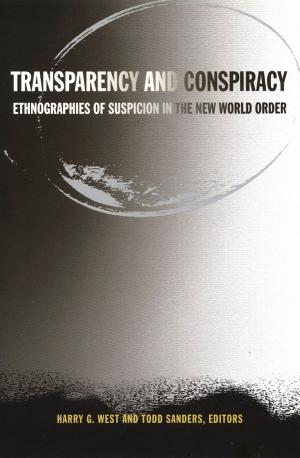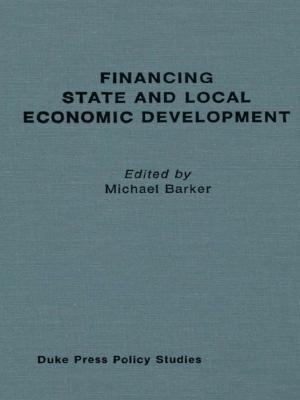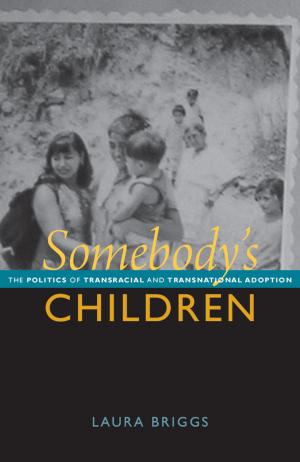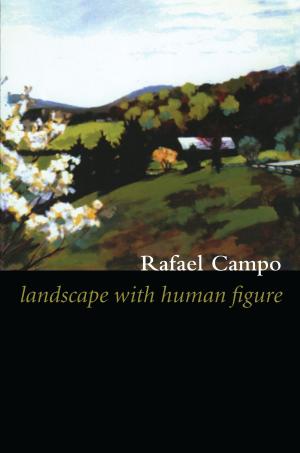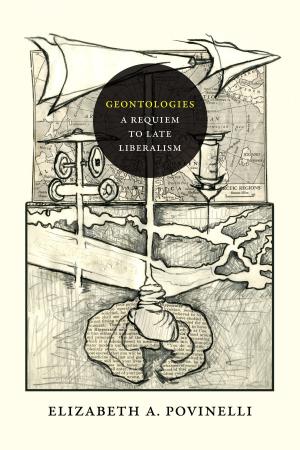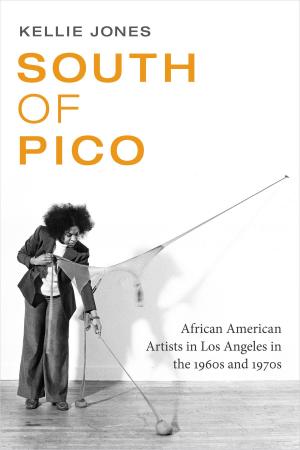| Author: | Didier Debaise | ISBN: | 9780822372424 |
| Publisher: | Duke University Press | Publication: | September 21, 2017 |
| Imprint: | Duke University Press Books | Language: | English |
| Author: | Didier Debaise |
| ISBN: | 9780822372424 |
| Publisher: | Duke University Press |
| Publication: | September 21, 2017 |
| Imprint: | Duke University Press Books |
| Language: | English |
We have entered a new era of nature. What remains of the frontiers of modern thought that divided the living from the inert, subjectivity from objectivity, the apparent from the real, value from fact, and the human from the nonhuman? Can the great oppositions that presided over the modern invention of nature still claim any cogency? In Nature as Event, Didier Debaise shows how new narratives and cosmologies are necessary to rearticulate that which until now had been separated. Following William James and Alfred North Whitehead, Debaise presents a pluralistic approach to nature. What would happen if we attributed subjectivity and potential to all beings, human and nonhuman? Why should we not consider aesthetics and affect as the fabric that binds all existence? And what if the senses of importance and value were no longer understood to be exclusively limited to the human?
We have entered a new era of nature. What remains of the frontiers of modern thought that divided the living from the inert, subjectivity from objectivity, the apparent from the real, value from fact, and the human from the nonhuman? Can the great oppositions that presided over the modern invention of nature still claim any cogency? In Nature as Event, Didier Debaise shows how new narratives and cosmologies are necessary to rearticulate that which until now had been separated. Following William James and Alfred North Whitehead, Debaise presents a pluralistic approach to nature. What would happen if we attributed subjectivity and potential to all beings, human and nonhuman? Why should we not consider aesthetics and affect as the fabric that binds all existence? And what if the senses of importance and value were no longer understood to be exclusively limited to the human?
